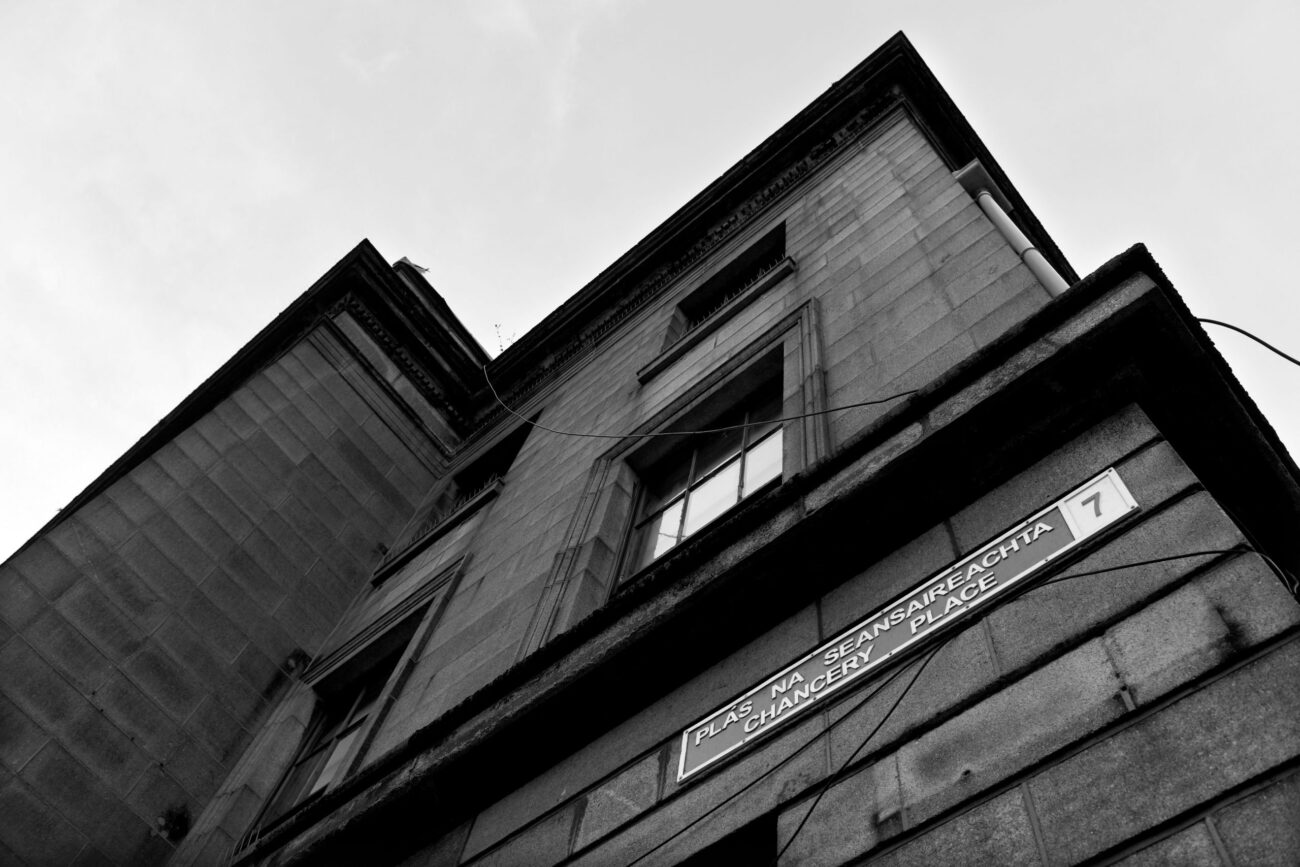Property developer Tom Coughlan is best known for his troubled stint at the helm of Cork City football club. Having bought the debt-riddled League of Ireland club out of examinership in 2008, it was back on the brink of closure over Revenue debts less than a year later, with Coughlan receiving an FAI ban for bringing the game into disrepute with his management practices. In 2010 Coughlan, who had previously stood as a candidate for the Progressive Democrats in the 1997 Cork local elections, bowed out of the club. He was later restricted as a director, according to documents from…
Cancel at any time. Are you already a member? Log in here.
Want to continue reading?
Introductory offer: Sign up today and pay €200 for an annual membership, a saving of €50.

